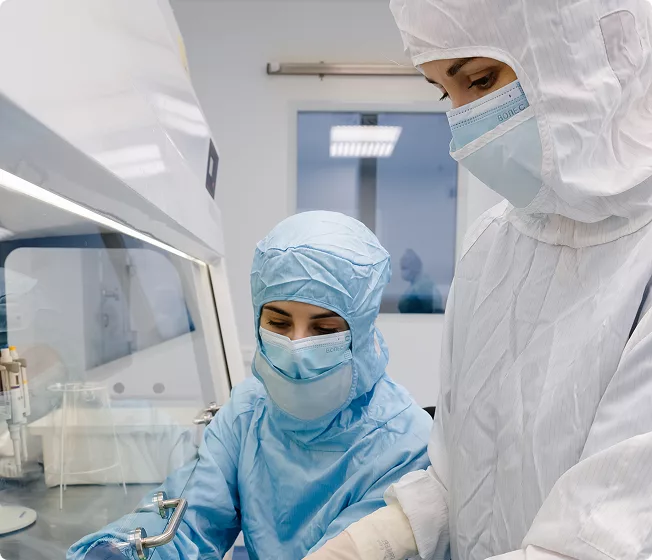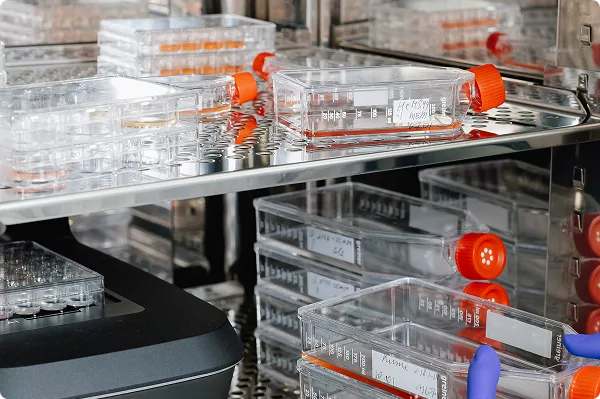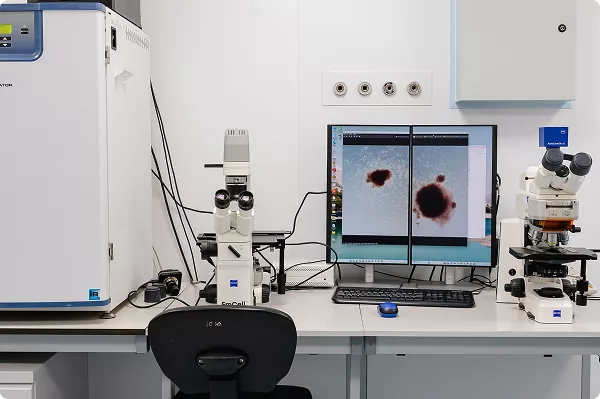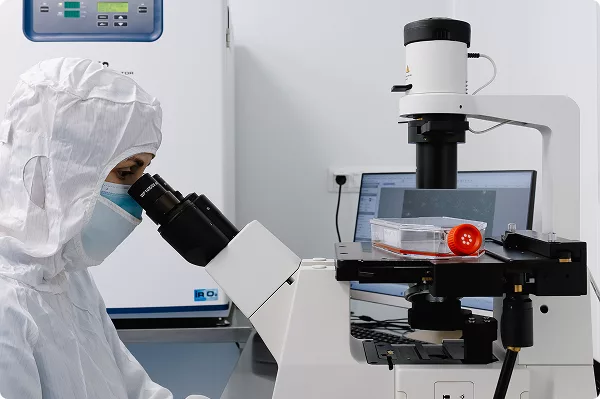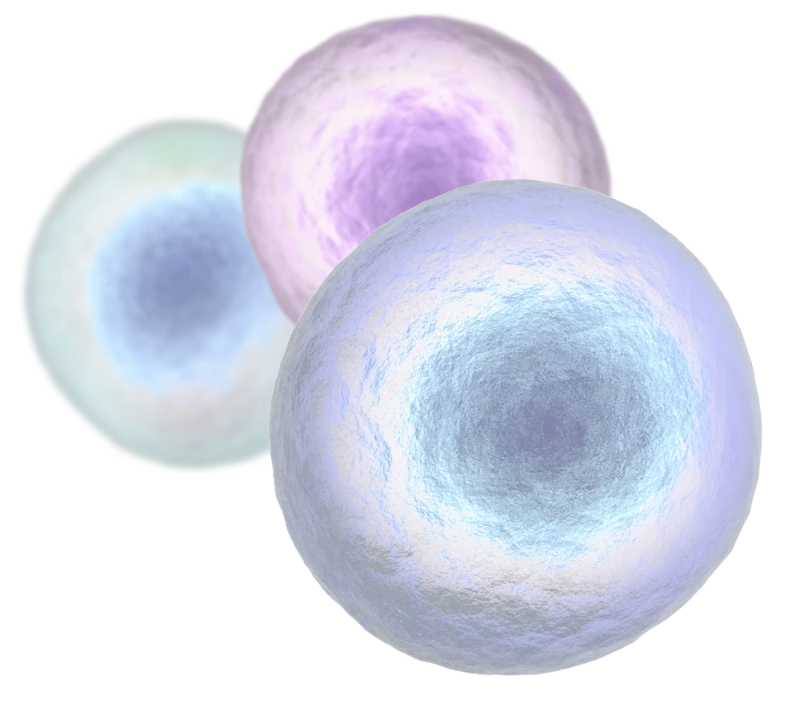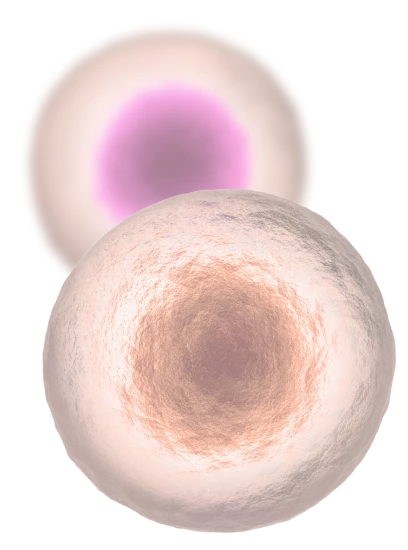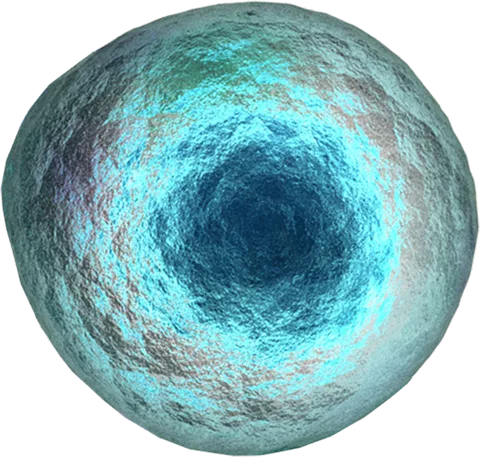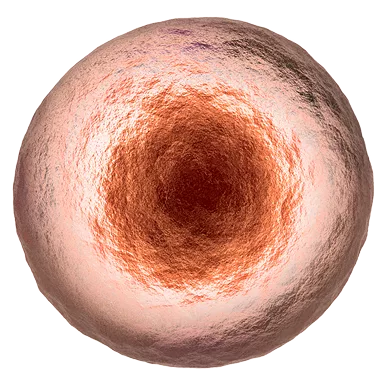No, mesenchymal stem cells (MSCs) are not known to cause cancer or tumors. Unlike embryonic stem cells, which can form teratomas (a type of tumor) in laboratory settings, adult MSCs do not have this risk. Thousands of clinical studies have shown that MSCs are safe, with no evidence of tumor formation in patients.
Your safety is our top priority, and only MSC preparations that have undergone a seven-stage quality and safety control process are used in our treatment programs.





